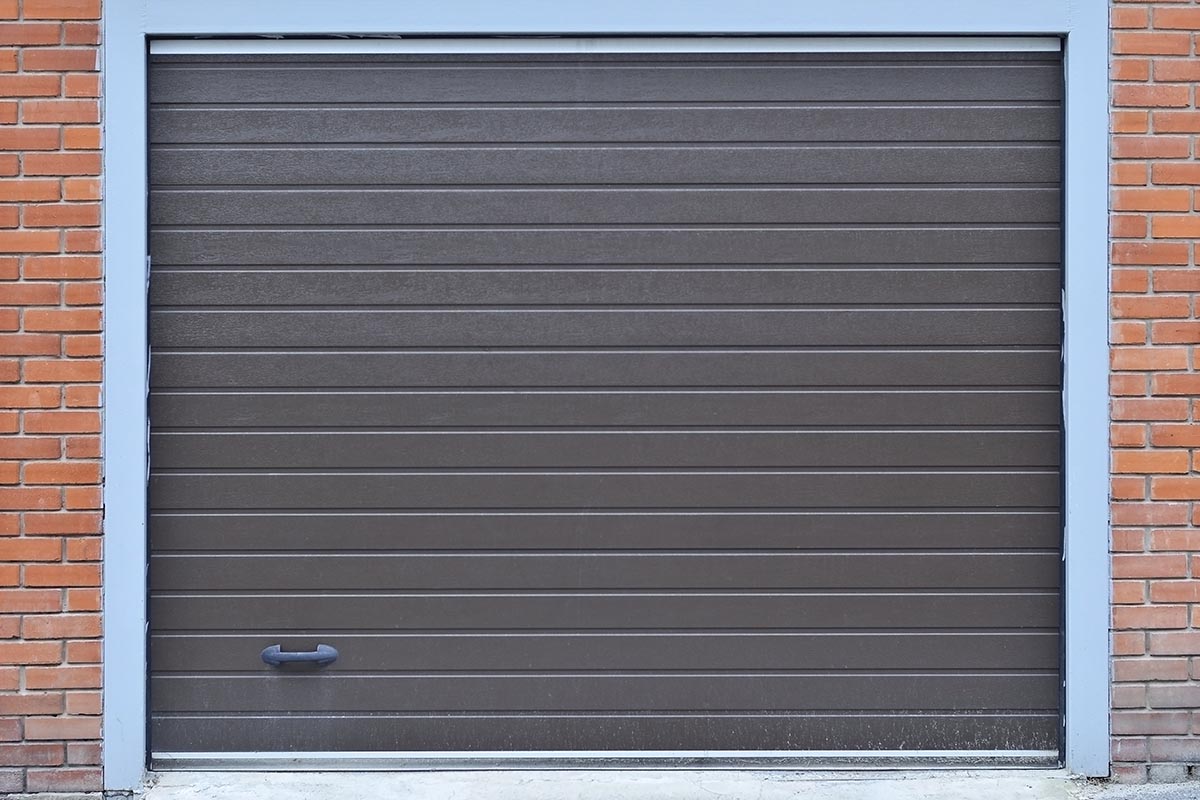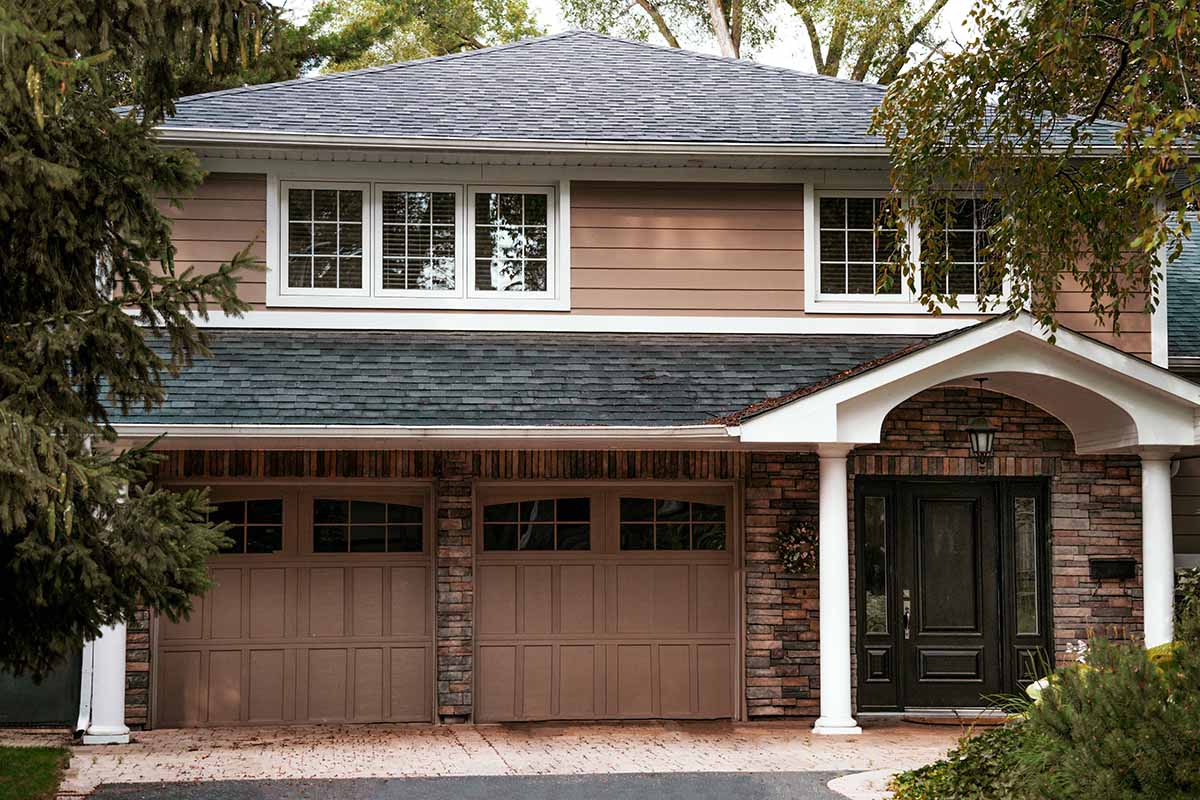Contents
How Much Horsepower Does My Garage Door Need?
Investing in quality garage doors has risen in popularity due to recent reports of break-ins and theft in the US and Canada with garages being the top entry point.
Homeowners are advised to be vigilant and always be on the lookout for any weak spots in their home where intruders may come in.
On the bright side, thanks to its surge in demand, there are many garage door options available in the market today.
From wooden to steel and custom made, homeowners have a variety of styles to choose from to complement their home’s look and feel without compromising security.
However, what most homeowners do not realize is that they also need to consider the power requirement upon choosing a garage door and garage door opener.
These machines may look and work the same way, but actually, your choice of machines and material can have a bearing on the amount of energy needed to power it up.
If this is your first time, and you’re a new homeowner with a limited budget, we will help you understand the different power requirements for every garage door type.
Garage Door Power Requirements
Garage doors have different power requirements depending on the garage door opener you choose. As efficient and convenient they may be, these machines can pull a lot of electricity even when they’re off.
A garage door opener is a motorized device that opens and closes your garage doors controlled by switches on the wall.
It may also include a handheld radio remote control, which can be used to open and close the door from a short distance. Garage door openers are beneficial. With a single click, you can open your garage and park your car.
Most residential garage door openers require between one-fourth (¼) and one-half (½) horsepower. This gives it around 1,100 to 1,400 starting watts, and 550 to 725 running watts.
Considering it’s very likely that you’ll only use your opener a couple of minutes each day, this power consumption is relatively negligible.
The reason why garage doors have varied power requirements is reasonably logical. Garage doors are available in different materials with the most popular being metal, aluminum, and wood.
The heavier your choice of material is, the more power is needed to run it.
If your garage door is made of aluminum or is insulated by aluminum, the power requirement for this is one-half (½) horsepower. This also applies to fiberglass garage doors.
On the other hand, steel or wood garage doors require three-fourths (¾ ) strength.
See the difference? Fiberglass and aluminum are incredibly lightweight. Wood and steel, on the other hand, are heavier materials. Since the elements are more substantial, the machine is working harder, and more power is needed.
Your garage door materials and dimensions heavily influence how much horsepower your opener requires. A door that’s heavy or large needs more power to lift it efficiently.
The size and weight of the door help you figure out what size of opener you need.
One-half Horsepower Garage Door Openers
Garage openers that only require one-half horsepower are known to be quite cost-effective. Half horsepower is 50% more efficient compared to three-fourths horsepower.
Thus, it saves you more money on the electricity bill.
These openers also prevent short circuits and glitches that may occur during instant pick-up of half-horsepower electricity.
Since these openers require a lower amount of power, half horsepower openers are known for its smoothness in operation. The higher the power requirement, the rougher the process is.
For smoother operation, opt for belt-operated openers. Chain-operated ones tend to make a lot of noise.
Single-car garage doors can use a belt, screw or chain-driven opener without damaging the motor. Screw and belt-driven openers are less noisy than chain openers.
On the other hand, chain openers are less difficult to repair for the average homeowner. Double-car garage doors should have either screw-drive or chain-driven openers.
An opener with at least one-half horsepower is typical for residential use. Average-weight double doors and more massive single doors work well with one-half horsepower openers.
Three-fourths Horsepower Garage Door Openers
Three-fourths horsepower garage door openers have a stronger lift. This means that most heavy made doors are not a problem.
If you have a wooden or insulated double-car garage door up to 16 feet wide and 8 feet tall, you may want to move up to a 3/4-horsepower opener.
For doors that are more than 16 feet wide or very heavy, an even larger opener that’s one horsepower or higher can reduce strain on the motor.
Though this kind of opener consumes more electricity, it does the work pretty quickly. No doubt, according to what was promised.
Takeaway
The key is to look for an opener that has the horsepower necessary for your garage door size based on size and weight.
To make a smarter purchase, take time to measure the width and height of your garage door with a tape measure, so you know what you have and what you require.
Single garage door openers generally do fine with smaller openers, while double doors may need a little more horsepower.
Doors that are 10 feet wide by 8 feet tall are single-car garage doors. Doors more significant than this are considered double-car garage doors.
Author Bio
Mik Vil writes for Canadian Garage Door Repair Calgary – a company that provides repair and replacement services for garage doors in Calgary and nearby areas.

